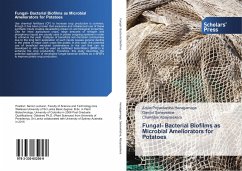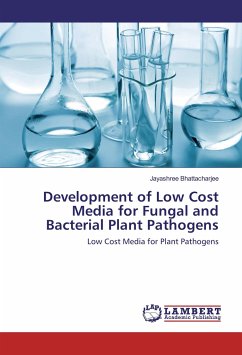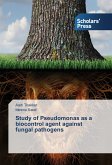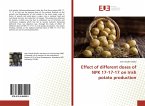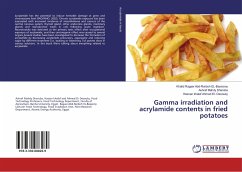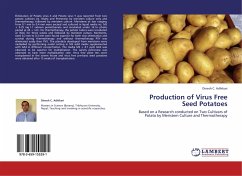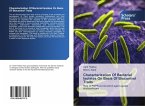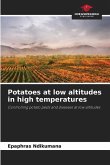Use chemical fertilizers (CF) to increase crop production is common, though it has been proven that excessive and imbalanced use of these synthetic inputs creates devastating impact on soil biological properties. Like for most agricultural crops, large amounts of nitrogen and phosphorus inputs are usually used in potato cropping systems in order to enhance the yield. Collapse of beneficial soil microbial communities due to the long term application of such inputs causes general decline in the yields of major cash crops like potato. In this case, the potential use of beneficial microbial combinations in the soil that can be developed in vitro and be used as biofilmed biofertilizers (BFBFs) to enhance the crop productivity. Therefore, this study describes the potential application of developed fungal-bacterial biofilms as a BFBFs to improve potato crop production.
Bitte wählen Sie Ihr Anliegen aus.
Rechnungen
Retourenschein anfordern
Bestellstatus
Storno

